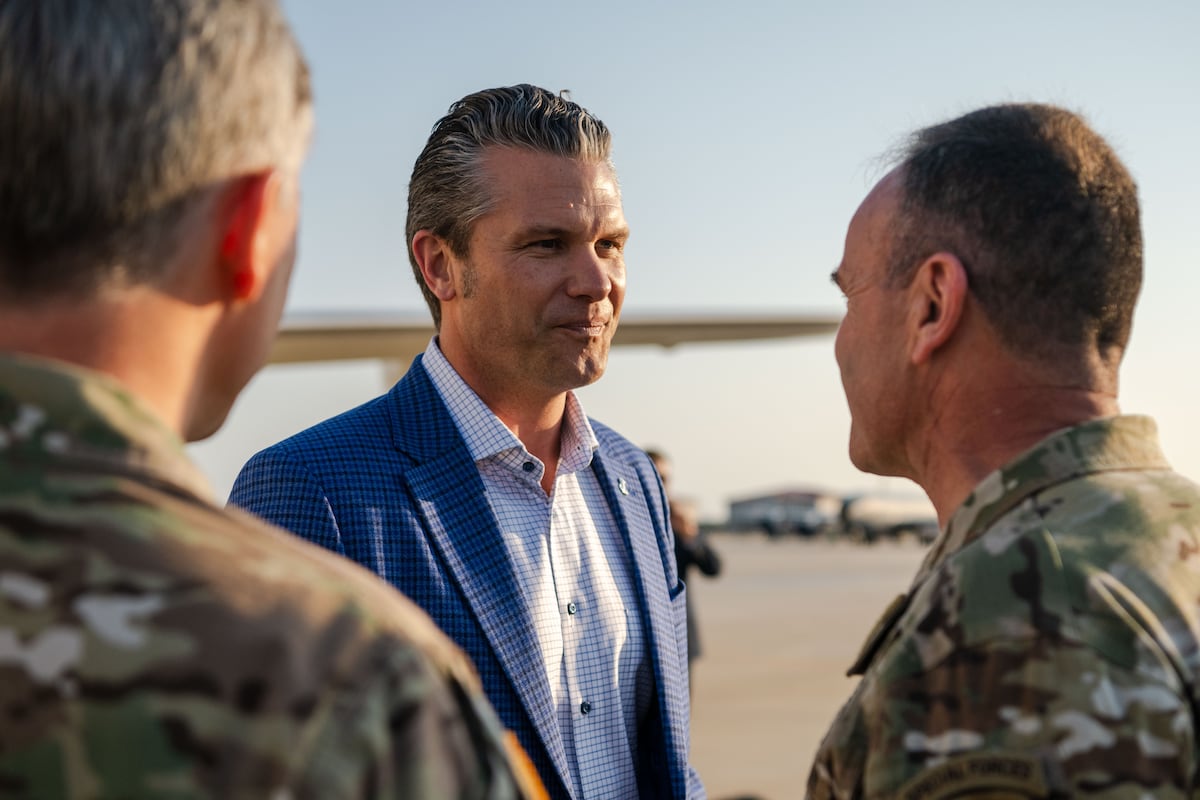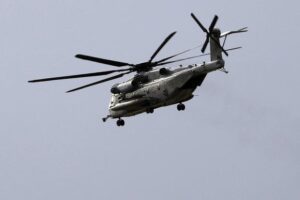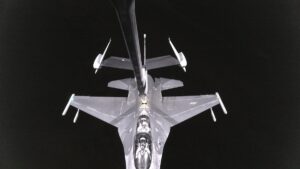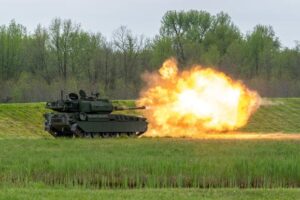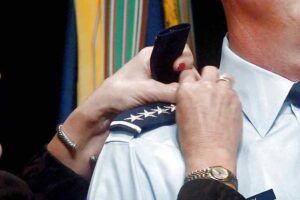TAMPA, Fla. – In a time where unconventional threats loom large, special operations forces (SOF) stand at the forefront of the U.S. military’s strategic priorities. Defense Secretary Pete Hegseth highlighted their increasing importance during the Global SOF Foundation Special Operations Force Week in Tampa, emphasizing their crucial role in modern defense strategies.
“Special Operations have never been more important in our country,” remarked Hegseth, as he underscored the remarkable 200% surge in SOF-specific missions over the past three years. Within the last half-year alone, these units have successfully neutralized 500 enemy combatants and apprehended 600 others globally.
The demand for SOF’s unique capabilities has also seen a 35% increase in deterrence support requests, reflecting their indispensable role in the U.S. military’s strategic operations. Gen. Bryan Fenton, head of Special Operations Command, reinforced this sentiment by pointing out the asymmetric advantage that SOF brings to the table.
“We’re the scalpel, but if the time comes we can bring the hammer,” Fenton stated. “We’re tailor-made for this era … where asymmetry matters more than it ever has.”
Maintaining this edge requires state-of-the-art technology, a key focus of the recent conference aimed at fostering collaboration between industry leaders and special operations planners. “We can’t and we won’t fight today’s opponents at yesterday’s pace,” Hegseth asserted, stressing the need for rapid adaptation and evolving capabilities.
Rapid innovation, feedback, and deployment are vital to SOF’s continued success, especially as adversaries like Russia, China, Iran, North Korea, and various terrorist groups increasingly collaborate, as Fenton highlighted.
The complexities of SOF missions are further compounded by the adversarial systems contesting their operational landscapes. Fenton cited the Sonic Spear exercise conducted in April as an example of how SOF is integrating advanced communication technologies and live training to enhance its operational capabilities. This exercise tested the U.S. Special Operations Command’s (SOCOM) ability to coordinate efforts from the seabed to low-Earth orbit.
Lt. Gen. Francis Donovan, SOCOM’s vice commander, reflected on the exercise’s significance, stating, “Sonic Spear 25 is our first go at this. Let’s push our autonomous investments, some other investments we’re making. … What do our forward forces need to be able to control ourselves, control our robots and then link in with the joint force?”
The current focus is on developing an O-6 level multidomain special operation task force, similar to the Army’s Multi-Domain Task Forces in the Pacific and Europe. Real-world scenarios, particularly insights from Ukraine, underscore the urgency for rapid innovation. “If we’ve learned anything from our partners in Ukraine, you innovate in minutes, days and weeks, not years and decades,” Fenton shared.

